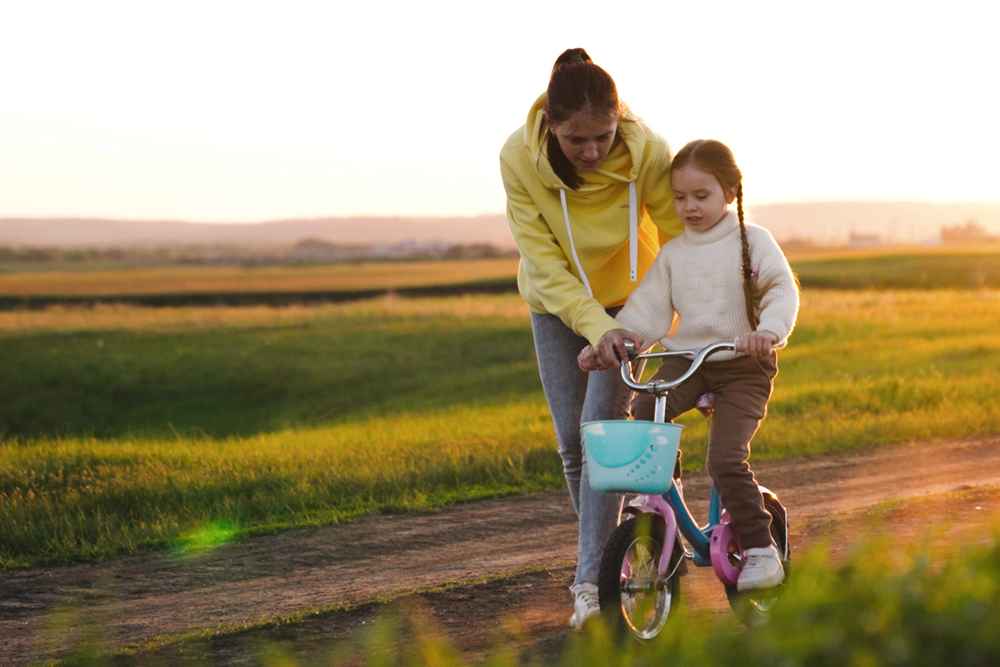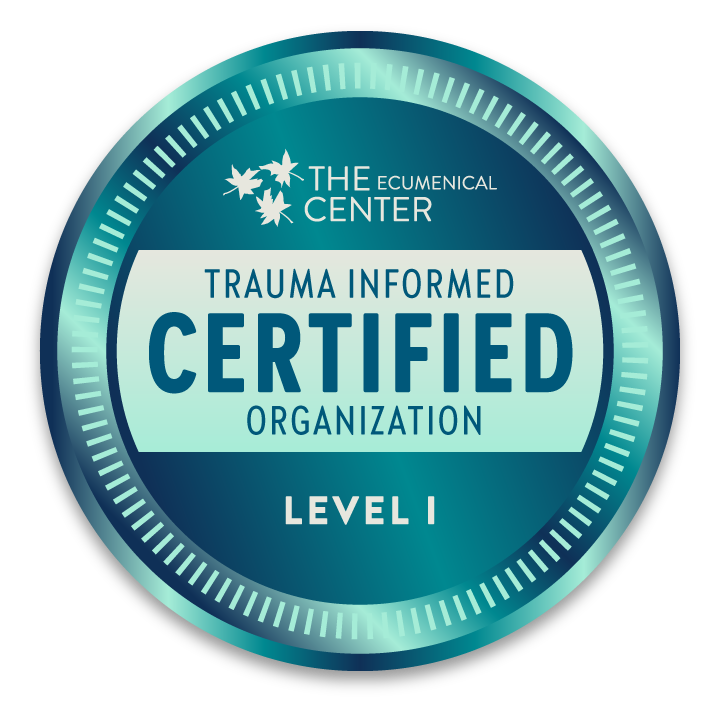Building Skills with Connection: The Power of Scaffolding
Have you ever seen a building under construction? Often it is surrounded by metal poles or wood planks. These temporary structures, called scaffolding, are put in place to provide stability for the growing parts and to aid in construction.
Children who have experienced abuse and neglect often have a developmental stage that is much younger than their chronological age. Because trauma derails brain development, while you may be parenting a 12-year-old, emotionally and socially you may actually be parenting a 7-year-old.
So how can you help your child move from age seven to age twelve where they should be? You build an imaginary scaffold around your child to provide the support they need to learn these important social, emotional and behavioral skills.
“We all want our own way; some of us have the skills to get our own way adaptively, and some of us don't... Behaviorally challenging kids are challenging because they're lacking the skills to not be challenging.”
- Dr. Ross Greene, The Explosive Child.
Is there a task or situation that constantly throws your child into a meltdown? Do they frequently become defiant or “give up” when asked to do a particular task? These “hot spots” may be a sign that your child needs some extra support in that area. These hot spots can also frustrate parents like nothing else!
Because we have an expectation that our child should be able to complete a task “at this age,” we too often do not realize the invisible brain injury that trauma causes. They cannot complete this task. Our kids may have missed out on key areas of development in their infant and toddler years. We have to go back to those stages of development and help them master these important skills where they are now.
Scaffolding provides the appropriate amount of support, encouragement, and guidance needed for the task at hand. Rather than holding our kids to age-related or societal norms that they cannot meet, scaffolding allows our child’s nervous system to be the guide. As we use scaffolding, we enable our kids to solve a problem, carry out a task, or achieve a goal that is just beyond their current capabilities. It provides a level of stress that they can tolerate and gives them the support they need as they work on something new. Think about teaching a child to dress themselves, a small child to ride a bike or a teenager to drive a car. We don’t just send them off on the first try and wish them good luck. We break these important milestones down into steps. We go with them and provide physical and verbal support. We encourage small wins along the way. And over time, they move towards independence and mastery.
In these scenarios, providing support and scaffolding comes naturally. But what about when your 10-year-old can’t get ready in the morning by themselves, your 12-year-old can’t clean up their messy room without a meltdown, your 8-year-old can’t play with the neighbor without hitting them when he gets angry, or your teenager can’t ever get their homework and projects turned in on time? If you are anything like me, support isn’t what comes first to my mind. I want to give a consequence and punish this kind of behavior. I expect them to do better and want to use shame or power to make the result happen.
I realize I must reframe my thinking in these moments.
Like mine, your child isn’t doing these actions because they won’t do them. They’re doing them because they cannot do them. There’s a big difference. Punishment will not build connection, and you cannot punish a child into learning new skills.
We can, however, grow, encourage, and support the child into developing the behaviors we want to see. Sometimes it’s as simple as being with them and providing verbal encouragement or reminders. “You have your clothes on. What about your shoes?” Perhaps it’s breaking down a task into smaller pieces or helping them come up with an organization strategy that works for them. “You finished your drawing. Is there something else you need for that school project?” Often, it helps to practice the skill we want to see outside of the moment of frustration. You can role play conflict resolution or practice the getting ready routine on a Saturday when no one feels the pressure to get out the door.
Instead of getting frustrated when your kid melts down, refuses to do what you ask, or fails to meet your expectation…get curious! Dr. Ross Greene suggests asking a child who is struggling, “I see you’re having an issue with whatever behavior or problem that has arisen. What’s up?” The answer your child gives just might surprise you, and you can work on developing a solution together. It’s called Collaborative Problem Solving.
Recently, a seven-year-old child with an early trauma history suddenly refused to brush her teeth. Her mother realized there was more going on with the child’s behavior than just defiance about tooth brushing. When asked, “What’s up?,” her daughter explained that she felt scared and alone going to another part of the house to brush her teeth. Together, they worked out a solution to move brushing teeth into the kitchen connected to the family room instead. It solved the problem. The child simply needed reassurance and connection. Now that time has passed, she no longer needs to brush her teeth near her parents the way she once did.
Recognize that behind that behavior may be an expectation that they can’t meet and think of ways to provide scaffolding. Our kids want independence and do well when they can. They won’t always need you in the same way, and, ironically, the more support you give, the faster they will be able to achieve new skills and independence.













